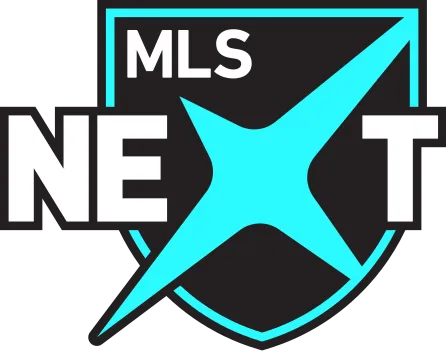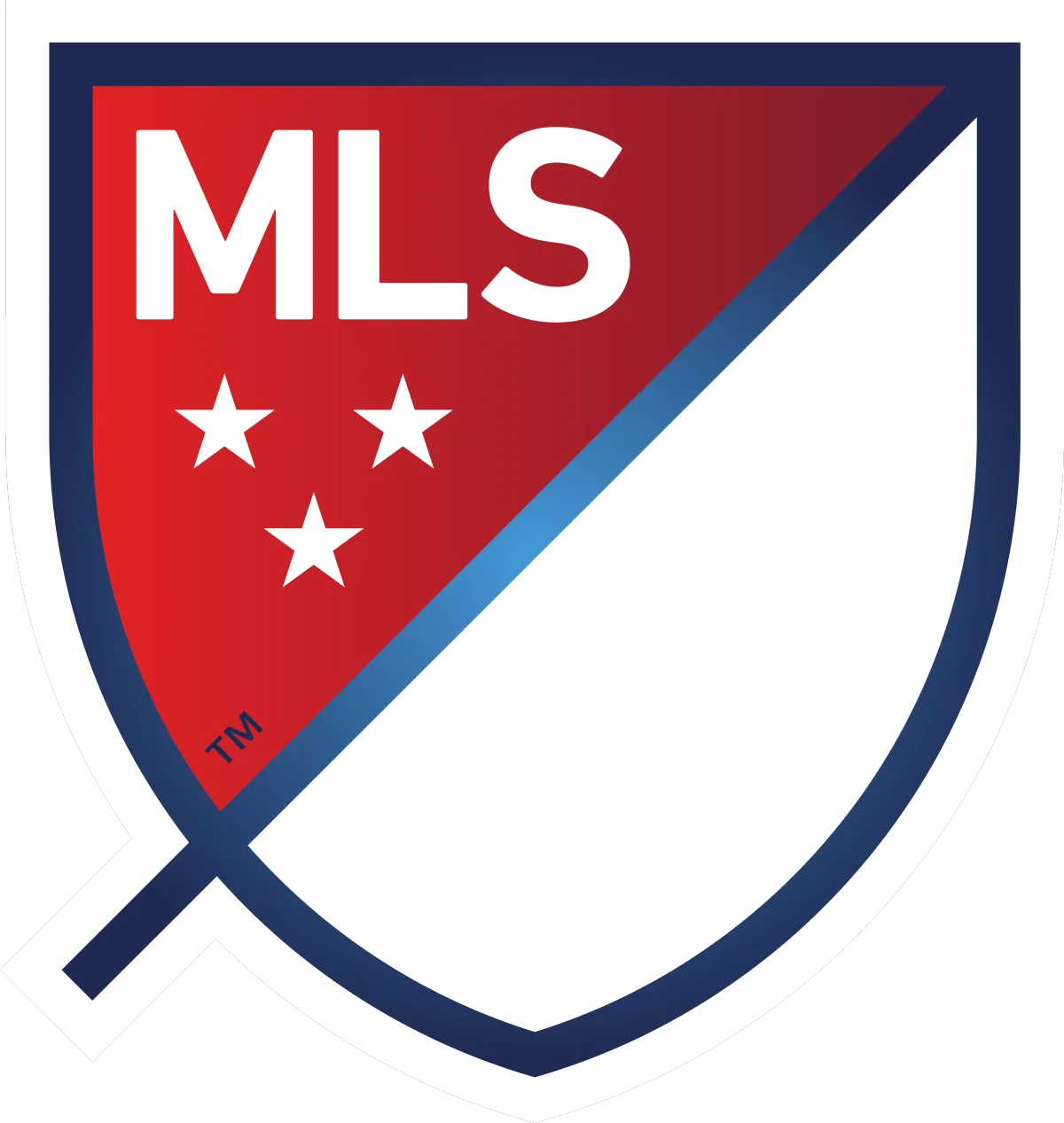Blogs
Read more on all of the mental performance and sport psychology tips to get out of your head and into the game.

Mental Performance vs. Mental Health: Which do you need?
About the author:
Alex Bolowich s a Certified Mental Performance Consultant and founder of Elite Mental Performance, a private practice in Charlotte, North Carolina, where he specializes in working with athletes to help them perform in the most intense situations, recover from significant injuries, and mentor them through life's challenges. If you are interested in any of his signature programs, use the link here! Enjoy the article below!
Do You Need a Mental Health Therapist or a Mental Performance Coach?
How do you know if the pre-game nerves are a form of general anxiety or performance anxiety? What about the fine line between dealing with disappointment vs. depression? These are spaces competitive athletes find themselves in with limited knowledge of who can help them. The field of sports psychology is vast and overwhelming, so it’s no wonder people get lost in what they’re looking for. In this article, we will provide insight to help you identify if you would best benefit from a mental health clinician or mental performance consultant.
When to See a Mental Health Therapist
Mental health therapists focus on overall well-being and are trained to help with emotional challenges and mental health disorders. Therapy often involves understanding your past and how it influences your present.
Signs you may need a licensed therapist:
Constant, overwhelming anxiety that affects daily life
Difficulty getting out of bed and lack of motivation
Uncontrollable emotions like sadness or irritability
Intrusive thoughts that are hard to ignore
Avoiding social interactions and losing interest in activities
Chronic stress or burnout that feels unmanageable
Trauma responses such as flashbacks or emotional numbness
Therapy is often a slower-paced process focused on healing and emotional stability. There is often a stigma surrounding mental health meaning that you have "mental problems." Thankfully more professional and Olympic athletes such as Simone Biles are making mental health more commonplace.
When to Work with a Mental Performance Coach
Mental performance coaching is about building the mental skills to excel in high-pressure situations. Every elite athlete understands the value of a clear and focused mind, but mental training is the key to unlocking peak performance.
Here’s what you get with a mental performance coach:
Managing performance-based anxiety and competition nerves
Sharpening focus and concentration under pressure
Building composure to perform consistently
Developing confidence through preparation and mindset training
Creating effective pre-game routines for consistency
Strengthening mental toughness to handle adversity
Mental performance work is action-oriented. It’s about equipping athletes with the tools to stay mentally strong and perform at their best. I'd challenge you to take a look at this example of Novak Djokovic talk about training mental skills and see if you can identify the difference between mental skills and mental health:
Making the Right Choice
Ask yourself:
Am I struggling with deep and often consistent emotional distress? → Consider therapy.
Do I need help handling performance pressure? → Consider a mental performance coach.
Could I benefit from both? → A combined approach might be best.
Whether your goal is healing or performance excellence, the right support can make all the difference. Taking action is the first step toward improvement.
Considering training your mind to perform more consistently at peak performance? See if Elite Mental Performance is an ideal fit for you by clicking here!

Professional Basketball

NCAA Student-Athletes

Youth Professional Soccer

Professional Soccer

Professional Soccer

PGA Jr. Golf
© 2025 ELITE MENTAL PERFORMANCE LLC



